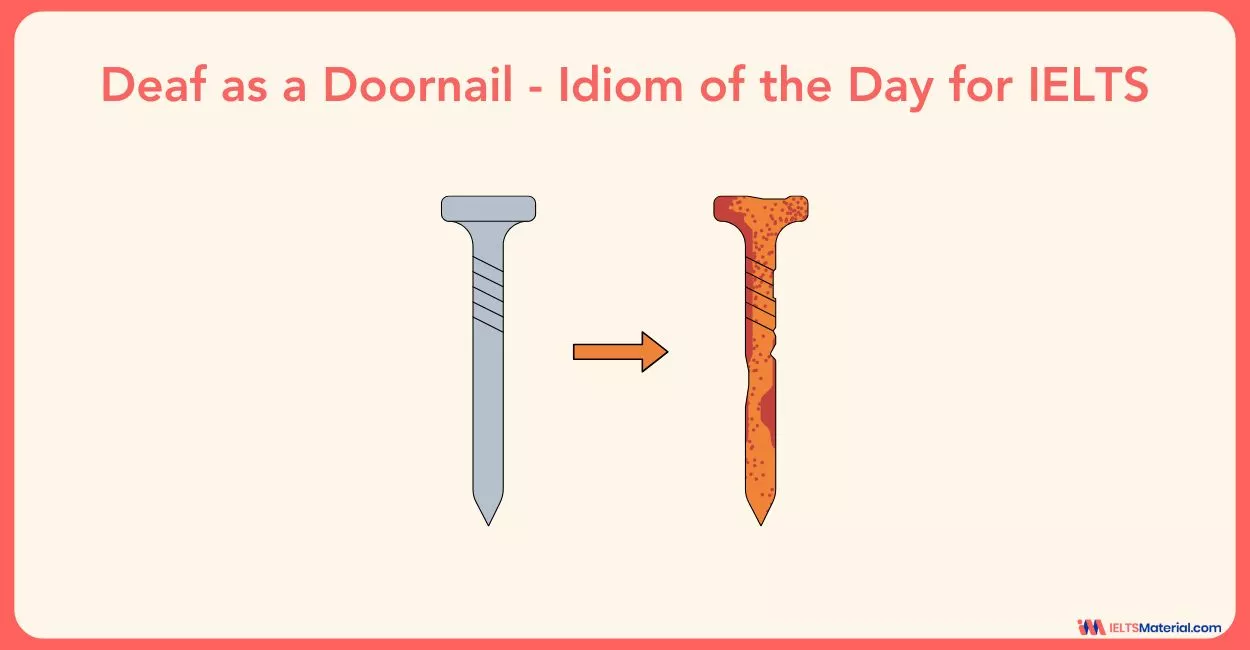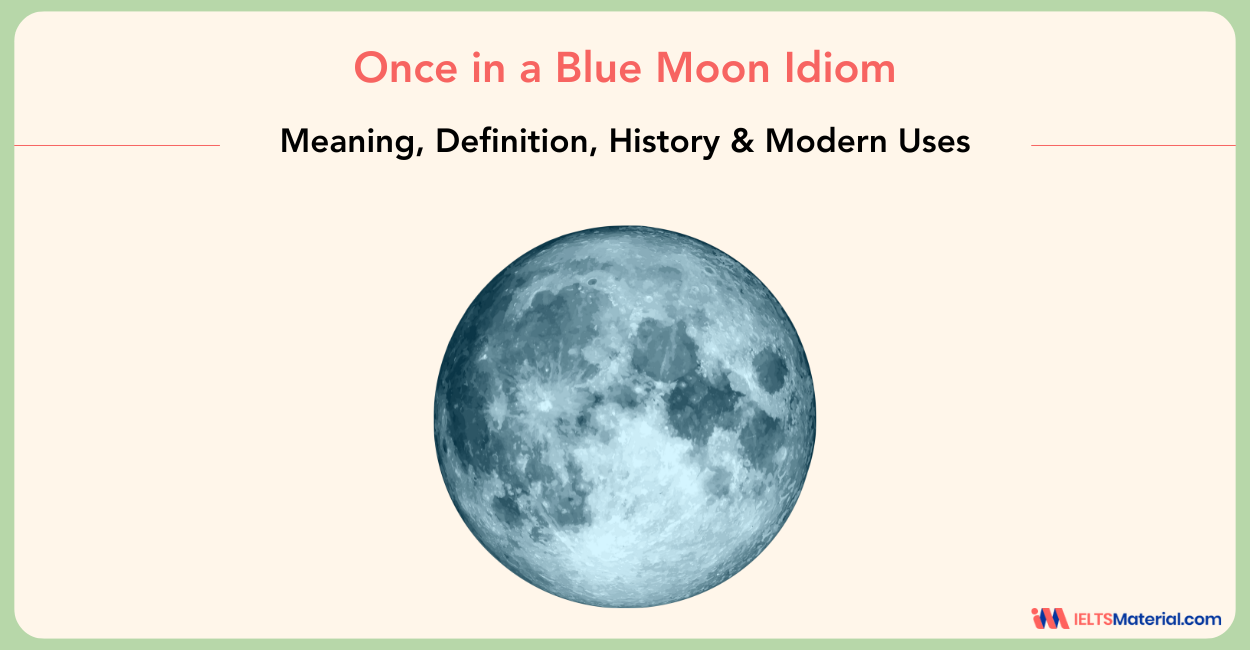The Most Common Idioms to Boost Your IELTS Score - Topic: Progress
4 min read
Updated On
-
Copy link
Master the most common idioms to boost your IELTS score, specifically on the topic of progress. This guide includes definitions, real-world examples, and practical usage tips to help you improve fluency in IELTS Speaking and Writing tasks.
Table of Contents
- 1. Bark Up the Wrong Tree
- 2. Flog a Dead Horse
- 3. Gain Ground
- 4. Get to Grips With Something
- 5. Get Your Act Together
- 6. Go Round in Circles
- 7. In the Doldrums
- 8. In the Pipeline
- 9. Light at the End of the Tunnel
- 10. Make Headway
- 11. On a Roll
- 12. On the Right Track
- 13. Put Something On Hold
- 14. Lose Ground
- 15. Be in a Rut
- How to Use These Idioms in IELTS?
- Practice Exercises: Use Idioms in Context

Limited-Time Offer : Access a FREE 10-Day IELTS Study Plan!
When discussing your personal achievements, academic goals, or career development, using idioms can give your English a natural and fluent touch. Especially in the IELTS Speaking and Writing sections, idiomatic expressions demonstrate your range of vocabulary and ability to communicate with nuance.
In this blog, we'll explore 15 idioms related to progress, including their meanings, examples, and tips on how to use them effectively in the IELTS Speaking test.
1. Bark Up the Wrong Tree
- Meaning: To follow a mistaken course of action or to have incorrect assumptions.
- Example:
"Many believe success depends only on talent, but they’re barking up the wrong tree." - IELTS Tip: Use this idiom when talking about common misconceptions in society.
2. Flog a Dead Horse
- Meaning: To waste time on a hopeless effort or something that cannot be changed.
- Example: "We've been trying to revive that business model for years, but it’s like flogging a dead horse."
- Note: This idiom is British in origin.
3. Gain Ground
- Meaning: To make steady progress or become more accepted.
- Example: "Electric vehicles are gaining ground as more countries push for sustainability."
- Opposite: Lose ground
4. Get to Grips With Something
- Meaning: To start dealing with something difficult or unfamiliar.
- Example: "I'm finally getting to grips with academic writing in English."
- Also used as: Come to grips with
5. Get Your Act Together
- Meaning: To become better organized and effective.
- Example: "If I want to pass IELTS with a high band, I need to get my act together."
- Formality Level: Informal
Want to master more high-band IELTS vocabulary for the IELTS exam? Book a Free Demo Class today.
6. Go Round in Circles
- Meaning: To make no real progress despite repeated effort.
- Example: "We kept debating the issue, but we were just going round in circles."
7. In the Doldrums
- Meaning: To be inactive, unproductive, or in a period of stagnation.
- Example: "The local economy is in the doldrums after the pandemic."
- Origin Note: This comes from a nautical term where ships would get stuck due to lack of wind.
8. In the Pipeline
- Meaning: Planned or currently under development.
- Example: "Several IELTS vocabulary apps are in the pipeline to help students prepare better."
9. Light at the End of the Tunnel
- Meaning: A sign that a difficult situation is about to improve.
- Example: "After months of study, I can finally see light at the end of the tunnel."
10. Make Headway
- Meaning: To make progress toward a goal.
- Example: "She's making headway in her IELTS Speaking practice."
Grab the newly launched Vocabulary for IELTS to level up your preparation.
11. On a Roll
- Meaning: To be experiencing a period of continuous success.
- Example:
"After getting Band 7 in Writing, he was on a roll and aced Listening too!"
12. On the Right Track
- Meaning: Taking steps likely to lead to success.
- Example: "My tutor says I’m on the right track with my essay structure."
- Opposite: On the wrong track
13. Put Something On Hold
- Meaning: To postpone something temporarily.
- Example: "I had to put my travel plans on hold to focus on IELTS prep."
14. Lose Ground
- Meaning: To become less influential or important.
- Example: "Traditional newspapers are losing ground to digital media."
15. Be in a Rut
- Meaning: To be stuck in a routine or in a state of inactivity.
- Example: "After failing the test twice, she felt like she was in a rut."
How to Use These Idioms in IELTS?
Idioms can be used naturally in IELTS Speaking Part 2 (cue cards) or IELTS Speaking Part 3 when you elaborate on opinions. They’re also useful in Writing Task 2 to add style when arguing about social or economic progress.
Sample Speaking Sentence:
"Although job hunting has been tough, I believe I’m making headway with each application."
Practice Exercises: Use Idioms in Context
Exercise 1: Fill in the blanks
Use the correct idiom from the list above.
- The economy has been __________ for years due to lack of investment.
- His solution doesn’t work — he’s clearly __________.
- With better preparation, we’re now __________ in the negotiations.
- I couldn’t focus at all; I was just __________.
- She needs to __________ if she wants to meet the deadline.
Answers:
- in the doldrums
- barking up the wrong tree
- making headway
- going round in circles
- get her act together
Exercise 2: Choose the Correct Idiom
-
They finally saw the light at the end of the __________.
a) circle
b) tunnel
c) track -
Many apps are currently __________ to help IELTS candidates.
a) in the pipeline
b) in the track
c) gaining ground
Answers:
- b) tunnel
- a) in the pipeline
Using idioms related to progress in your IELTS Speaking and Writing answers can help you sound more natural and fluent. They show that you have a wide vocabulary and can express your thoughts clearly. Whether you're talking about success, challenges, or hard work, phrases like “make headway,” “on the right track,” or “get to grips with” can help you explain your ideas more effectively and impress the examiner.
If you're aiming for top scores, follow the IELTS Exam Preparation Tips for Band Score of 8+ to enhance your vocabulary and overall test performance further.
Also Check:
Explore IELTS Resources

Start Preparing for IELTS: Get Your 10-Day Study Plan Today!
Recent Articles

Kasturika Samanta

Prity Mallick

Nehasri Ravishenbagam





Post your Comments